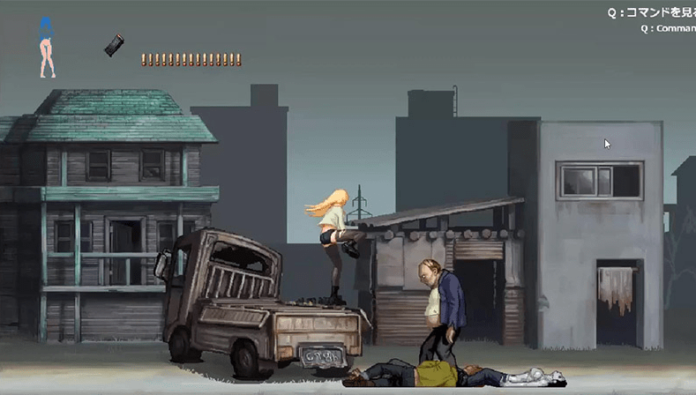The word “Parasite in the City” frequently conjures up thoughts of social or commercial exploitation in today’s metropolitan environment. It captures the complexity of city life, where conflicting cultural norms, inequalities in wealth, and environmental issues all come together. This essay explores the idea of “Parasite in the City,” examining how it affects social dynamics, urban life, and the continuous struggle for existence among different populations.
Also Read Article: Sombras FinTechAsia – Everything You Needed to Know About It
Table of Contents
Gaining an Understanding of “Parasite in the City”
One can read “parasite in the city” in a number of different ways. Fundamentally, it alludes to a situation in which one party benefits at the other’s expense. This can take many different forms in metropolitan environments, such as environmental damage, social estrangement, and economic exploitation. The idea might be interpreted as a metaphor for the difficulties marginalized people encounter as they attempt to navigate a world full of opportunities but are obscured by structural impediments.
Financial Inequalities
Cities frequently act as economic hubs, luring people from all walks of life in pursuit of greater prospects. But contemporary cities’ rapid urbanization usually results in glaring economic inequality. Rich communities coexist with underprivileged areas, resulting in a patchwork of wealth and deprivation.
This disparity in wealth has the potential to create a parasitic cycle in which wealthy areas gain off the labor and assets of others with lower incomes. For instance, the service sector depends heavily on the laborious efforts of people who reside in impoverished areas and offer vital services, frequently for little compensation. In this way, the riches produced by the metropolis might be compared to a parasite that survives off the hardships of its less fortunate citizens.
Social Distancing
Urban settings frequently represent a mingling pot of ideologies, ethnicities, and lifestyles. The fast-paced nature of city living, however, can sometimes cause inhabitants to feel alone and alienated. While many people relocate to cities in the hopes of establishing a sense of community and connection, they may actually feel more alone than before.
Social alienation might be seen as a parasitic phenomena in this setting. People may experience a sense of barely surviving in a large, uncaring city, finding it difficult to build meaningful relationships. Socioeconomic factors have the potential to worsen this alienation, since those from lower-income families may find it more difficult to access resources and social networks that are available to those from wealthy homes.
Environmental Difficulties
Significant environmental problems are also brought about by urbanization, which exacerbates the parasitic relationship that exists between cities and the natural world. Green spaces are frequently given up for development as cities grow, which lowers environmental quality and biodiversity. The condition in which metropolitan areas become increasingly unsustainable is caused by this misuse of natural resources.
One urgent concern is how urbanization is affecting the environment. Uncontrolled urban growth can lead to several effects such as air and water pollution, waste management problems, and the heat island effect. In this way, the metropolis uses the resources of the planet like a parasite in the city, disregarding the long-term effects. Environmental deterioration becomes woven into the very fabric of urban life, endangering everyone’s health and well-being.
The Battle for Survival
Many people and communities fight an ongoing battle for survival within this intricate web of environmental problems, social estrangement, and economic inequities. In an effort to solve these structural problems, grassroots movements, community organizations, and social enterprises are growing throughout the world’s cities. These programs frequently emphasize fostering inclusive environments, expanding economic prospects, and supporting environmentally sound practices. Their purpose is to enable underprivileged groups to recover their agency and gain a voice in the urban context. Thus, the idea of “Parasite in the City” also includes adaptability, resiliency, and the pursuit of social justice.
Conclusion
The concept of “Parasite in the City” is a potent allegory for the complex interpersonal dynamics that characterize city living. It draws attention to the difficulties that people and communities experience in overcoming social alienation, economic inequality, and environmental difficulties. Cities can be centers of opportunity, but they can also be home to structural problems that support exploitation and injustice. In spite of these difficulties, resilience and empowerment are becoming more and more popular. Through acknowledging the parasitic forces at work, urban residents can endeavor to build more sustainable and equitable cities. In the end, achieving a more equitable urban environment calls for teamwork, cooperation, and a dedication to resolving the fundamental problems that support exploitation and inequality in the city.





